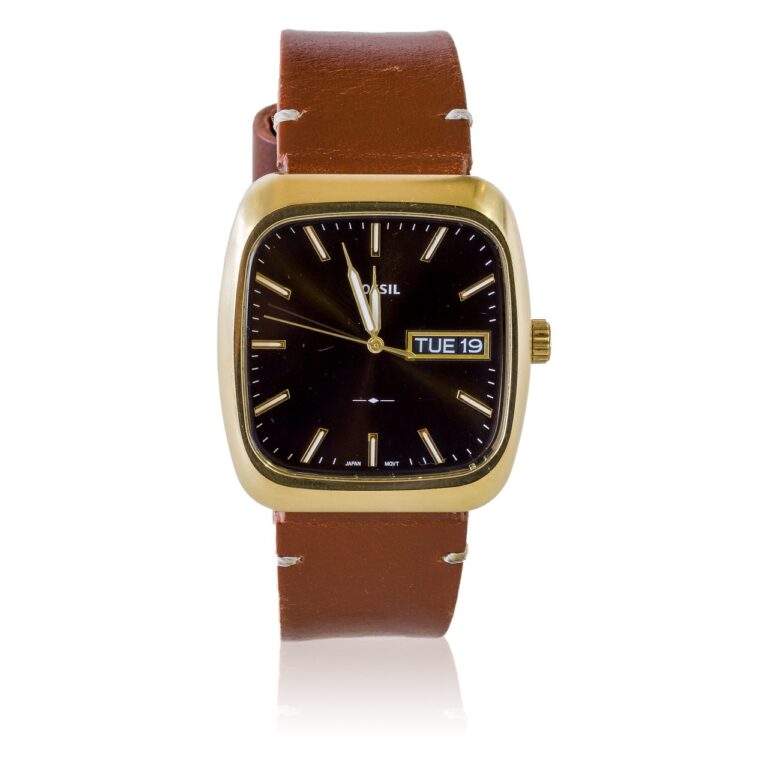Addressing Urban Agriculture Challenges with Equitable Farm Equipment Access: Betbhai9 whatsapp number, Radhe exchange admin, Lotus365.win login
betbhai9 whatsapp number, radhe exchange admin, lotus365.win login: Addressing Urban Agriculture Challenges with Equitable Farm Equipment Access
Urban agriculture plays a crucial role in providing fresh produce to city residents, creating green spaces, and promoting community engagement. However, one of the significant challenges faced by urban farmers is accessing appropriate farm equipment. Traditional agriculture machinery is often too large, expensive, and not suited for the unique needs of urban farming.
Equitable access to farm equipment is essential for ensuring the success and sustainability of urban agriculture initiatives. By addressing these challenges, urban farmers can increase their productivity, reduce labor costs, and ultimately, contribute to building more resilient and sustainable food systems.
Challenges Faced by Urban Farmers
1. Limited Space: Urban farms are often smaller in scale and have limited space to maneuver large machinery.
2. High Costs: Traditional farm equipment can be prohibitively expensive for small-scale urban farmers.
3. Lack of Proper Training: Many urban farmers may not have the knowledge or skills to operate complex farm machinery effectively.
4. Environmental Impact: Conventional farm equipment can be loud, polluting, and not environmentally friendly, which may not be suitable for urban environments.
5. Inclusivity: Access to farm equipment can be limited to certain groups or communities, excluding others from participating in urban agriculture initiatives.
Solutions for Equitable Farm Equipment Access
1. Adapted Machinery: Developing and promoting smaller, more affordable, and specialized farm equipment tailored to the needs of urban farmers.
2. Shared Equipment Programs: Establishing community-based programs where farmers can share equipment, reducing costs and increasing access for all.
3. Training and Workshops: Providing training sessions and workshops on how to effectively and safely operate farm equipment in urban settings.
4. Sustainable Practices: Encouraging the use of environmentally friendly and sustainable farm machinery to minimize the impact on the environment.
5. Accessible Funding: Offering grants and financial support to urban farmers to help them purchase or access farm equipment.
6. Collaborative Partnerships: Forming partnerships with organizations, businesses, and government agencies to support urban agriculture initiatives with equipment donations or subsidies.
FAQs
Q: How can urban farmers find affordable farm equipment?
A: Urban farmers can explore shared equipment programs, attend equipment auctions, or seek out grants and funding opportunities to acquire affordable farm machinery.
Q: Is it necessary to use specialized farm equipment for urban agriculture?
A: While specialized farm equipment can enhance productivity and efficiency, urban farmers can also adapt traditional tools and machinery to suit their unique needs.
Q: How can community members support equitable farm equipment access in urban agriculture?
A: Community members can volunteer their time, resources, or expertise to help urban farmers access the equipment they need. They can also advocate for policies that promote equitable access to farm equipment in urban areas.
In conclusion, addressing the challenges of farm equipment access in urban agriculture is crucial for promoting sustainability, inclusivity, and resilience in our food systems. By implementing solutions that prioritize equitable access to farm equipment, we can empower urban farmers to thrive and contribute to building healthier and more vibrant communities.







